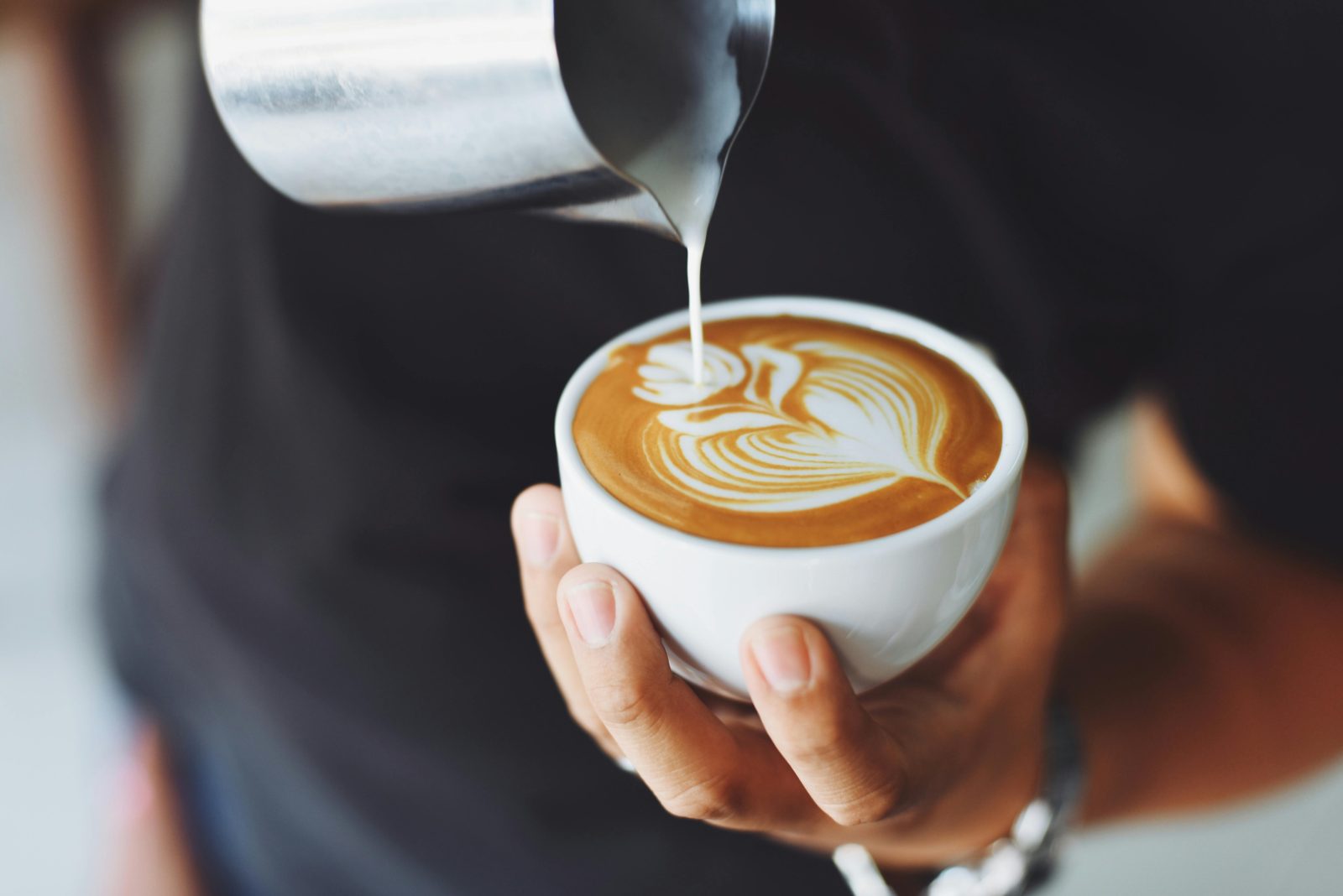In an unexpected twist, the global coffee market is facing a new challenge: the pungent durian fruit. Vietnam, the world’s second-largest coffee producer after Brazil, is seeing a shift in its agricultural landscape as farmers turn to durian cultivation, driving coffee prices to record highs.
The perfect storm of economic and environmental factors has led to unprecedented prices for unroasted coffee beans on the London (robusta) and New York (arabica) exchanges. While climate change and depleted stocks play a role, experts point to an unusual culprit: the notoriously smelly durian fruit, banned on public transport in several Asian countries.
The crisis began in 2021 when severe frosts damaged Brazil’s arabica crop, redirecting traders to Vietnam, the leading robusta producer. However, Vietnamese farmers faced the worst regional drought in a decade and simultaneously pivoted to durian cultivation to meet growing Chinese demand.
Vietnam’s share in China’s durian market nearly doubled between 2023 and 2024, with some experts estimating the fruit to be five times more profitable than coffee. Consequently, Vietnam’s robusta exports plummeted by 50% year-on-year in June, with stocks nearly exhausted.
As the coffee industry grapples with these challenges, innovative solutions are emerging. U.S. startup Atomo, founded in 2019, is pioneering beanless coffee, now available in over 70 U.S. coffee shops. Their product uses ingredients like date seeds, sunflower seed extract, and green tea caffeine, offering a potential alternative in a changing climate.





